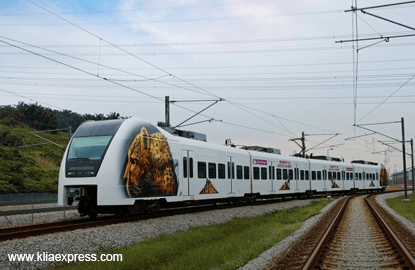
This article first appeared in The Edge Financial Daily, on May 19, 2016.
KUALA LUMPUR: The Auditor-General’s Report 2015 revealed that some weaknesses at the express rail link (ERL) extension project from Kuala Lumpur International Airport (KLIA) to klia2 in Sepang, Selangor, has caused the government to not obtain best value for money for the expenses incurred.
In its audit done from January to April last year, the National Audit Department (NAD) found that one weakness of the project was that price negotiations were not conducted prior to the submission of project cost estimates for the approval of the Economic Council (EC).
“The (2.16km extension) project cost of RM129 million presented by Express Rail Link Sdn Bhd (ERLSB) in value management (VM) lab exceeded the cost approved by the EC of RM100 million. Thus, the objectives of VM for cost savings are not achieved,” said the NAD in the auditor-general’s report.
“The supplemental concession agreement was also not finalised to date despite the ERL services from KLIA to klia2 having started [operating] since May 2, 2014,” the report noted.
The auditor-general’s report pointed out that compensation claimed by ERLSB amounting to RM2.9 billion had yet to be finalised. However, it noted that the computation formula of compensation claimed does not benefit and protect the interest of the government.
To ensure that all the weaknesses highlighted do not recur, NAD recommended that the Transport Ministry conduct price negotiations where the government can reap best-value-for-money.
“The supplemental concession agreement [must be] finalised promptly to protect the interest of both parties. The computation formula of compensation must benefit both parties and not be detrimental to the government,” said the NAD.
It also suggested that the cost component of the project submitted to the VM lab be more comprehensive, detailed and approved by the EC; and that the issue of service charges to be settled and approved to protect the interests of all parties.
The ERL extension project has increased the number of its passengers by 43.2% from 6.44 million in 2013 to 9.23 million in 2014.